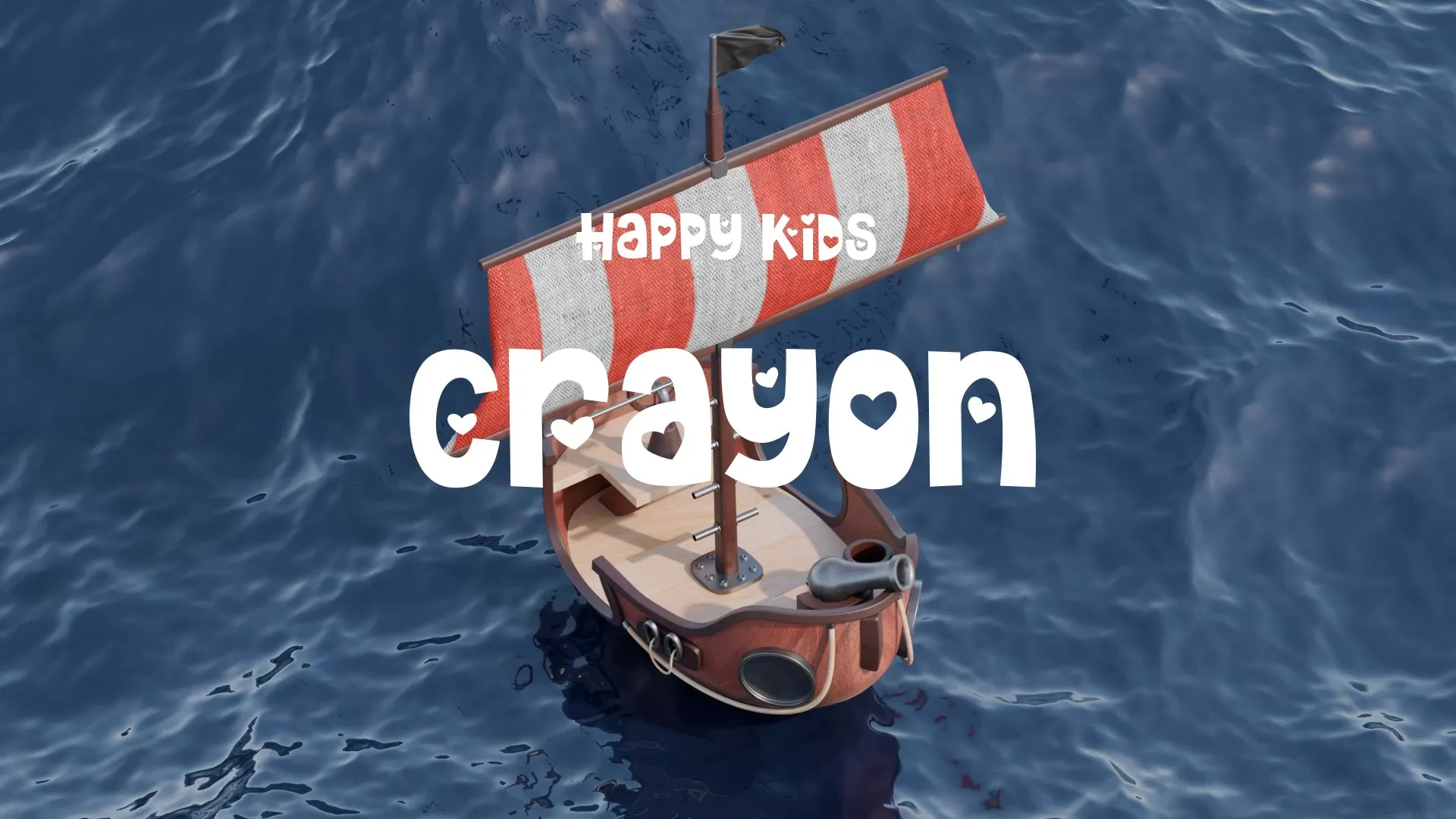Microtransactions Ethics: Building Trust with In-Game Purchase Strategies
Monetization is essential for game developers, but ethical microtransactions are crucial for long-term success. Implementing fair in-game purchase strategies builds player trust and fosters a positive community.
Transparency is Non-Negotiable
Players need to understand exactly what they are buying. Clearly label all items, their benefits, and their odds of acquisition, especially for loot boxes.
Avoid hidden costs or vague descriptions that can mislead players about their purchases.
Deliver Real Value for Money
Microtransactions should offer tangible value that enhances the player experience, not just remove frustrations. Focus on cosmetic items, quality-of-life improvements, or meaningful expansions.
Players are more willing to spend when they feel their money contributes to a better game, not just a faster progression through artificial bottlenecks.
Implement Fair Mechanics, Avoid ‘Pay-to-Win’
Steer clear of ‘pay-to-win’ mechanics that create an unfair advantage for paying players. This erodes competitive integrity and alienates your player base.
Monetization should complement gameplay, not dictate it. Consider that understanding the financial realities of game development, including revenue generation, is crucial for indie developers, as explored in articles like Realistically, How Much Does an Indie Game Dev Make Per Year?.
Avoid Manipulative Design Practices
Refrain from using dark patterns, such as deceptive UI elements or aggressive time-limited offers that pressure players into purchases. Ethical microtransactions prioritize player well-being over short-term revenue spikes.
Design your freemium game strategy to be engaging and rewarding on its own, with purchases offering optional enhancements.
Empower Player Choice, Don’t Force It
Players should always feel in control of their spending. Offer clear opt-out options and easy access to purchase histories.
Implement spending limits or parental controls to promote responsible engagement with your in-game purchase strategies.
Foster Community Feedback and Adapt
Actively listen to your community regarding your monetization models for games. Player feedback is invaluable for identifying pain points and improving your systems.
Be prepared to adjust your approach based on community sentiment. This demonstrates respect for your players and strengthens trust.
Create a free account, or log in.
Gain access to free articles, game development tools, and game assets.




.webp)





.webp)












